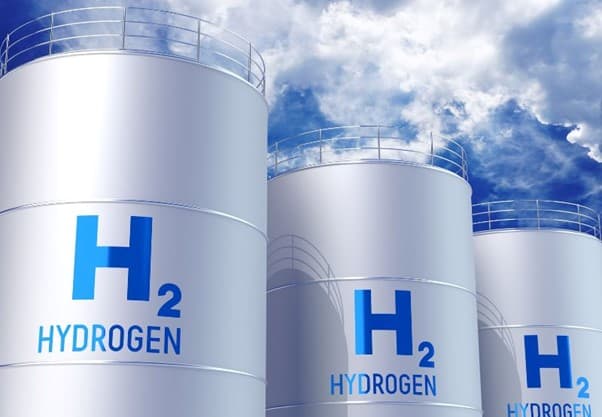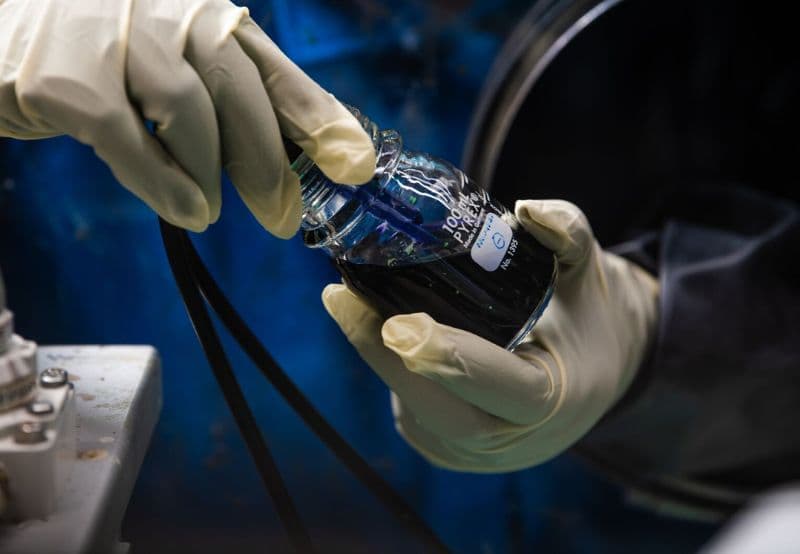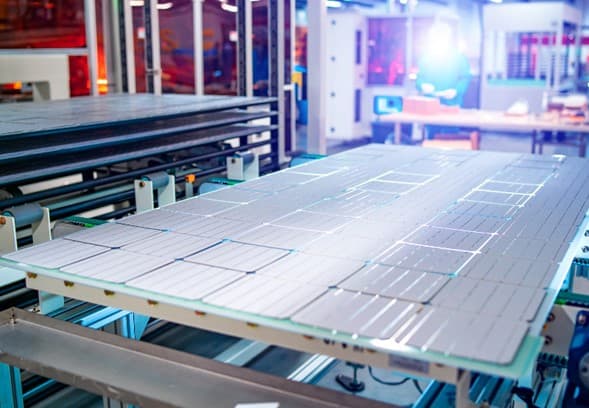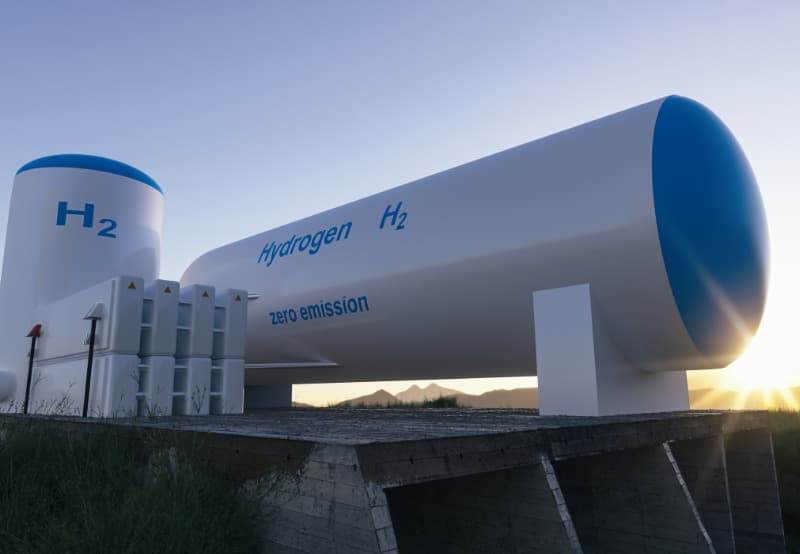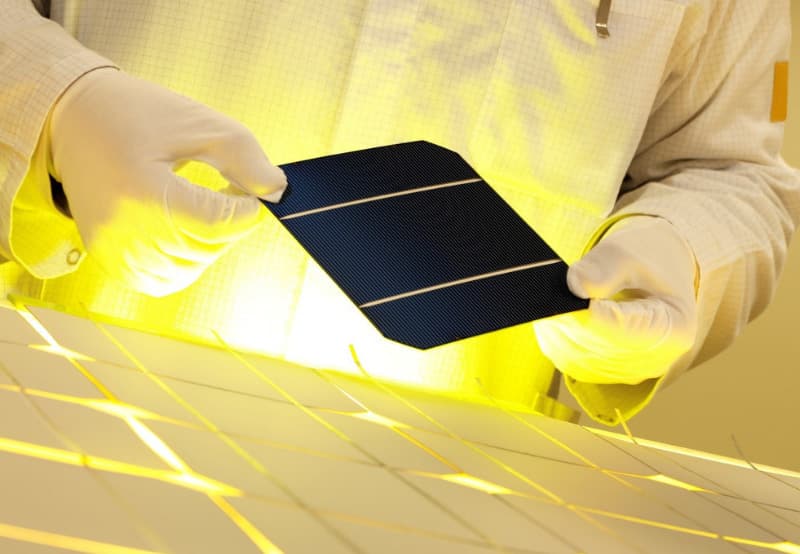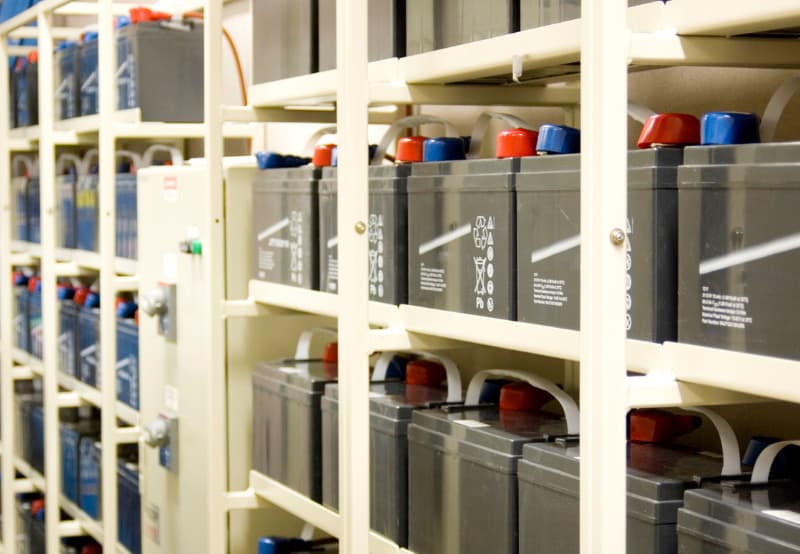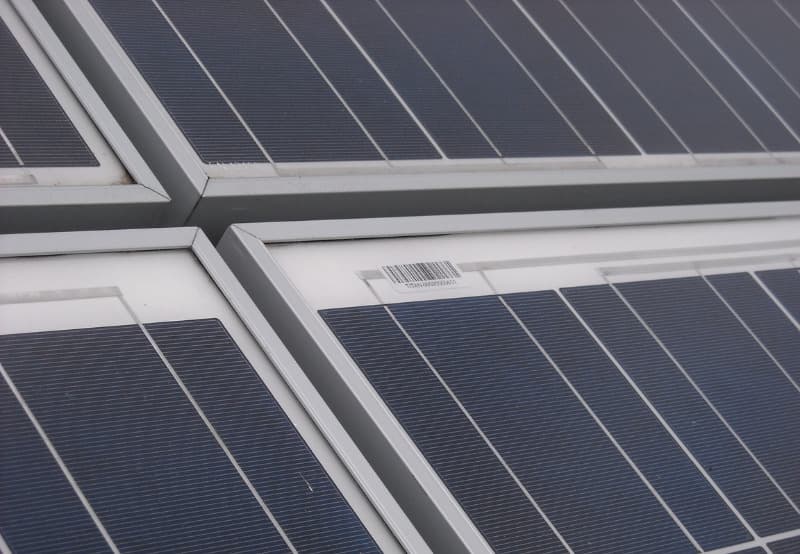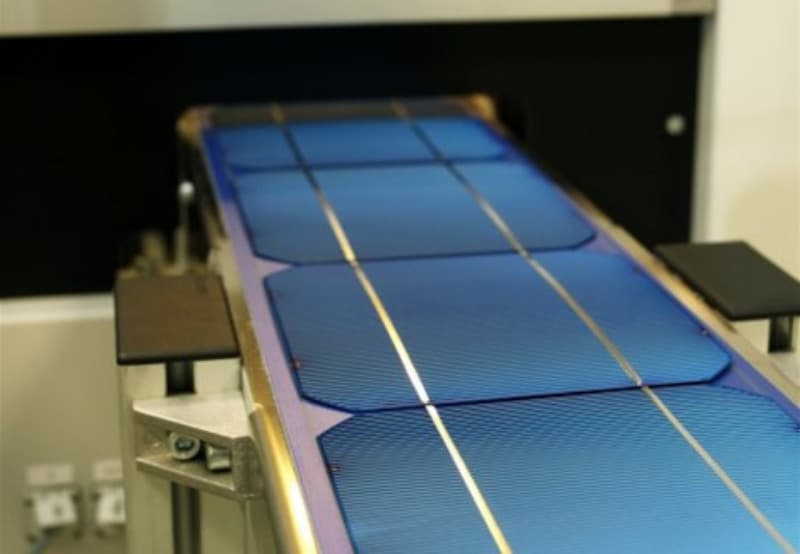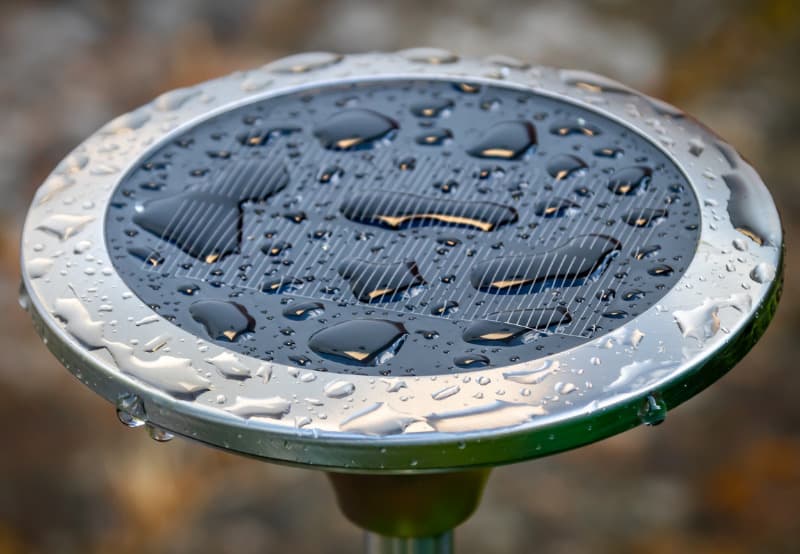researchers
Engineers from the University of Illinois Chicago (UIC) have developed a novel method to produce hydrogen from water utilizing only solar power and agricultural waste...
Researchers from the Pacific Northwest National Laboratory (PNNL) have discovered that a widely used food and medicine additive can significantly enhance the capacity...
An international research team from the University of Tabriz in Iran and Bilkent University in Turkey has developed an inverted all-perovskite bilayer solar cell design...
Researchers at Helmholtz Zentrum Berlin have developed a pouch cell format with different electrolytes that can help increase the life of the lithium-sulfur battery. The...
The U.S. Department of Energy’s Ames Laboratory and collaborators have developed a new catalyst to extract hydrogen from hydrogen storage materials easily. Scientists...
Researchers at the University of Waterloo, Canada, who are members of the Joint Center for Energy Storage Research in the U.S. (JCESR), claimed that they had developed a...
Researchers at the Indian Institute of Technology – Delhi (IITD) have developed portable solar photovoltaic (PV) tracking towers of 3 kW and 5 kW capacity. The towers...
Researchers from the Fraunhofer Center for Silicon Photovoltaics (CSP) and the Fraunhofer Institute for Solar Energy Systems (ISE), in partnership with Reiling GmbH – a...
Researchers at the International Advanced Research Center for Powder Metallurgy and New Materials, India, claimed that they have increased the efficiency and stability...
Researchers at the Beijing University of Technology claim that they had synthesized a series of phosphorus(P)-/tin (Sn)-based composites that serve as high-capacity and...
Researchers at the University of Cambridge claimed to have found a way to prevent the loss of electric current that declines the efficiency of organic solar cells....
Researchers at the Fraunhofer Institute for Solar Energy have claimed that solar modules manufactured in the European Union produce 40% less carbon dioxide than modules...
Researchers at the ITMO University’s School of Physics and Engineering have developed a paste of titanium dioxide and resonant silicon nanoparticles to maximize...
An international team of researchers at the Pusan National University, South Korea, have claimed that they have developed a foldable solar cell that could be integrated...
A team of researchers at the Germany-based organization, Fraunhofer Center for Silicon Photovoltaics CSP, has discovered that photovoltaic (PV) elements on building...
1
...
1
